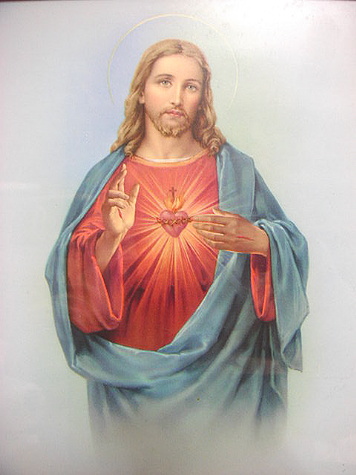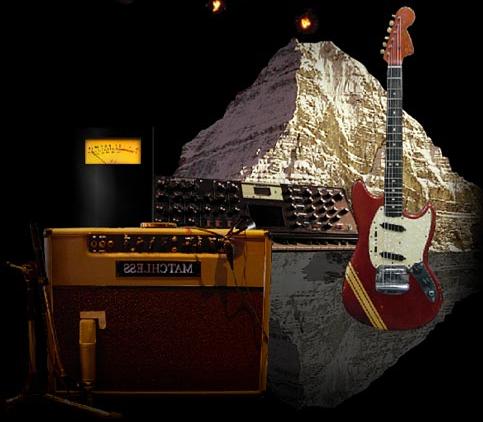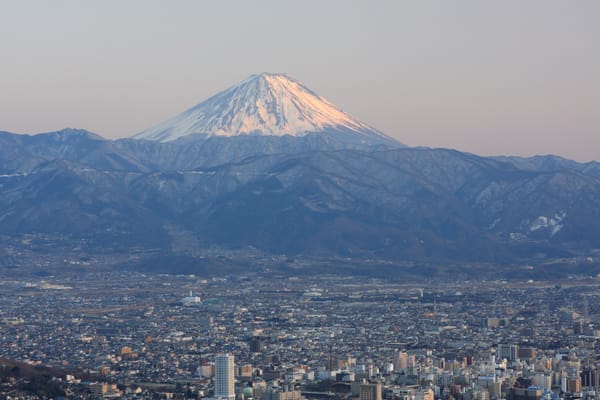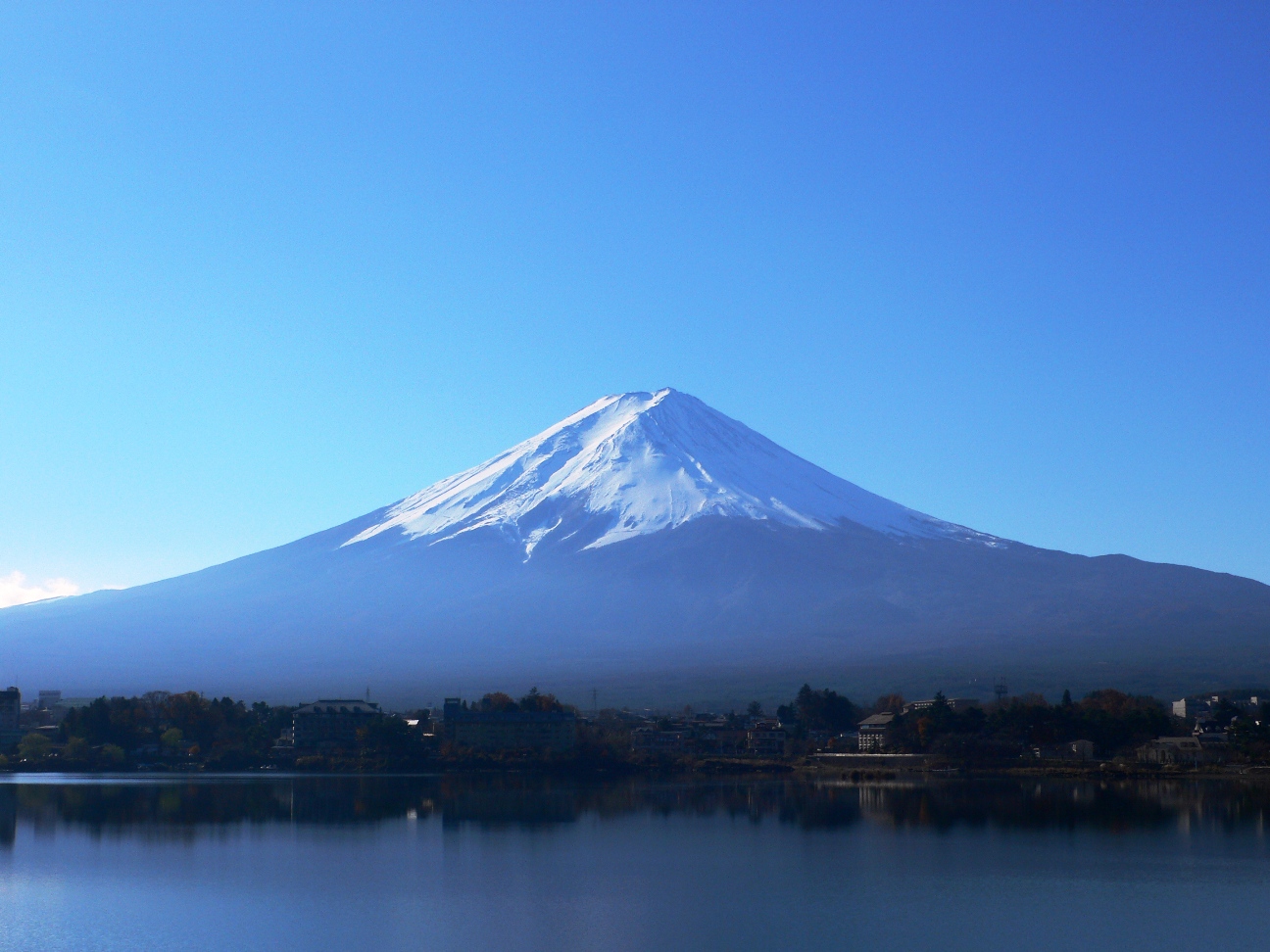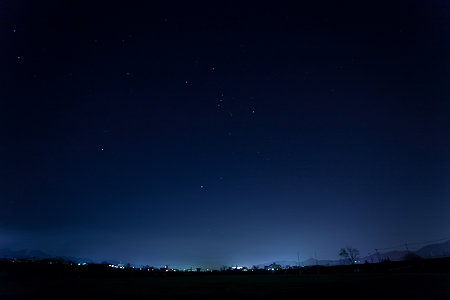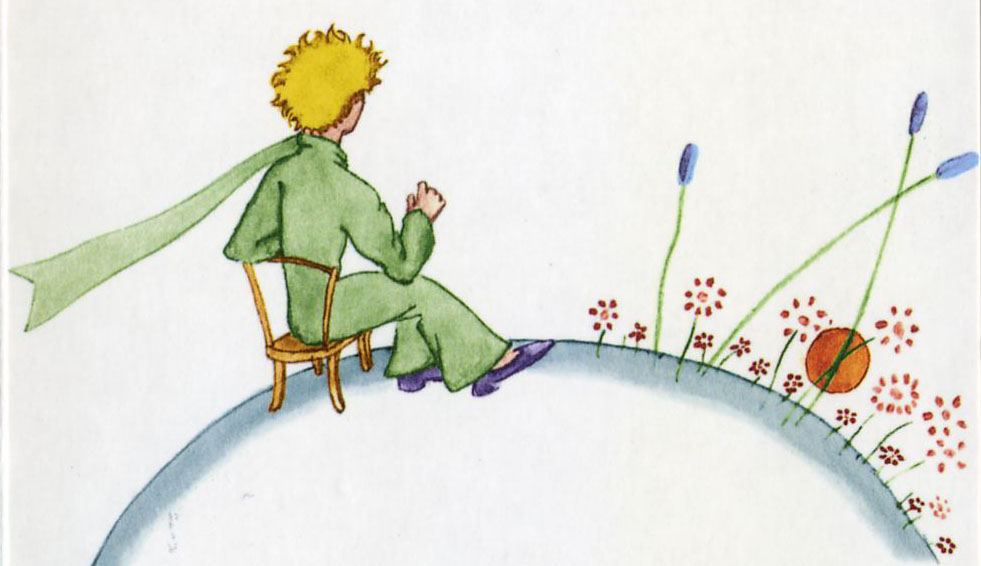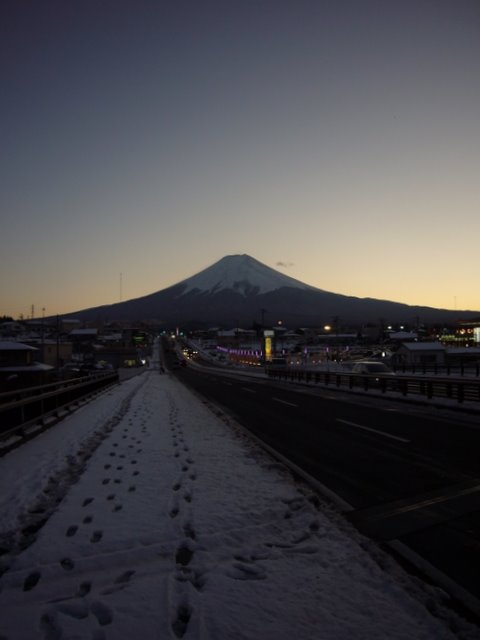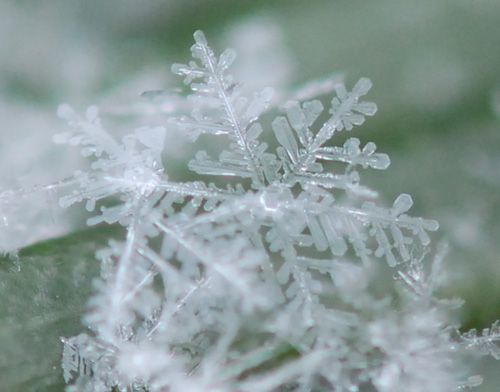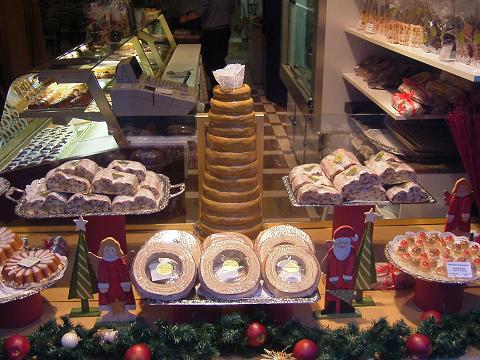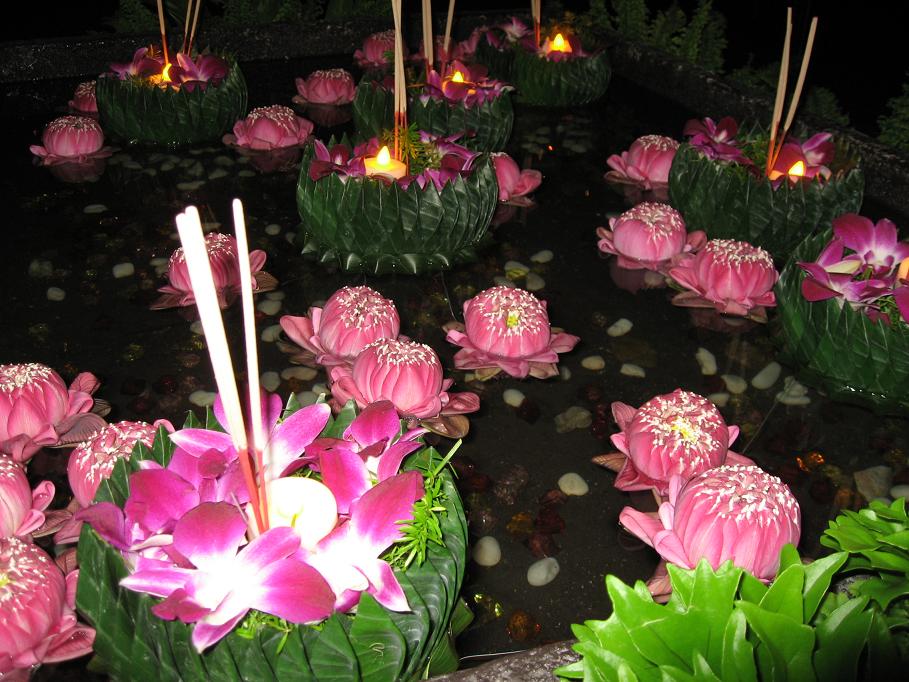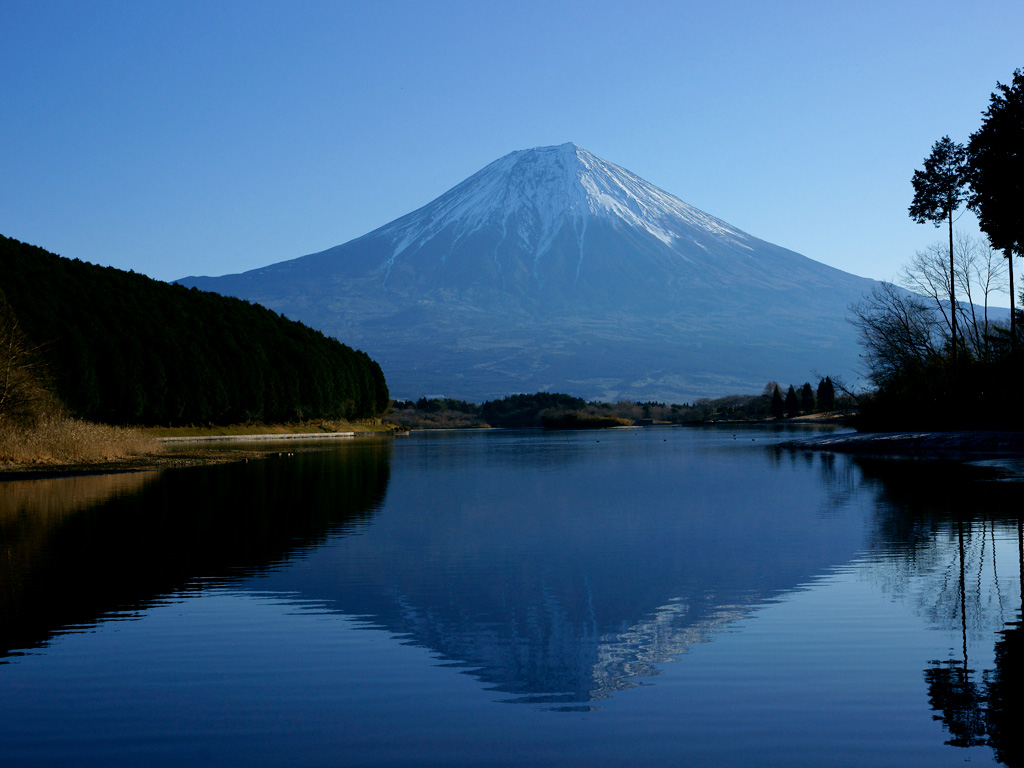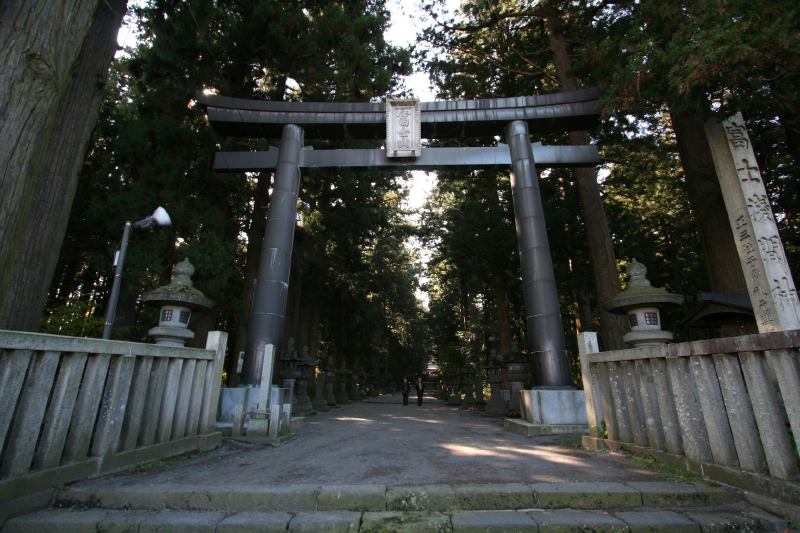
Five days have passed since the beginning of December.
It has passed Shosetsu (literally meaning '
Small Snow', around 22nd November every year) and Taisetsu (literally 'Big Snow', around 7th December) is coming soon.
That indicates it will be winter in earnest very soon and on mountains in Japan, snow falls and lays.
In this season, it is distinctive that on a sunny morning, an outside temperature is low, and on a rainy morning, it is high. On the contrary, it is warn during daytime on a sunny day, and it is cold on a rainy day.
Last year, the first snow fall was recorded on the 9th January, and a snow season is just there. A cold wave is sweeping Europe, and has been staying over a week now. Even in a city like London or Paris, the top temperature does not exceed 0℃, and it is snowing in many places. Readers in Europe, take care!

Japan is the country which holds the heaviest snowfall area in the world - western part of Honsyu (Japan's main island) where facing the Sea of Japan and the area encompassed by the Japanese Alps, a series of mountain ranges that make up the island's backbone. Speaking of heavy snow, countries like Canada, U.S.A, Siberia, Scandinavia might come up to your mind, but in fact, Japan is the one with heaviest snowfall.
"Heavy Snowfall Zones" refers to places where snowfall and snow cover are severe enough to be a hindrance to the livelihood of inhabitants or the development of local industry. The heavy snowfalls of Japan's snow country are caused by moisture-laden clouds bumping up against the mountains along the backbone of Honshū and releasing their moisture under the influence of easterly winds blowing off the continent or down from Siberia. As a result, the region includes some of the world's snowiest spots at the same latitudes.

In Japanese language, there are many words expressing snow as well as rain. (see
this post for diverse vocabulary referring to rain)
"Botan Yuki" (literally means "Japanese peony snow"), which can be found in the lyrics of "Kurofuku No Hito" ("A Man In A Black Suit") in the
last post.
Many snow crystals get together and form a rather large snow flake called Botan Yuki. The derivation of the word is said to be "snow falls like a Japanese peony petals (it's bigger than the ones of other kinds of flower) scatter" "snow falls bota-bota" (this is an adverb expressing wet and large drops of liquid).
It was my childhood memory that when Botan Yuki fell, we as young children got so excited to hear grown-ups saying "this is going to be a heavy snow!".
Botan Yuki is a kind of humid snow which can turn to be heavy, and it is suitable to make snow balls for a snow fight and Kamakura, an igloo-like snow hut.
There are more words referring to snow in Japanese - "Sasame Yuki" (small snow flakes falling sparsely), "Kona Yuki" (powdery snow scattering in the wind), "Katabira Yuki" (snow lays thinly on the ground), "Ne-Yuki" (hard snow made of many layers of melted snow turning ice and freshly fallen snow).
"Mizore" is sleet.
Basically, when rain drops get frozen, it turns to be snow, and so the sky looks cloudy in both cases. "Yuki Gure" (literally meaning "snow darkness") is the word indicating the sky getting dark when snow can fall any minute. When snow falling at dusk, it is also called "Yuki Gure" using different kanji characters.
Because the derivation of kanji character of snow (雪) is leading to 彗, snow in Japanese language contains the meaning of "sweeping out dirts and cleansing on the ground". For instance, the word, "Setsujoku 雪辱" means "wiping out a shame and vindicating one's honour". For Japanese, snow is something so pure that cleanses everything evil.
In the song, "Stockholm" in the 4th album, "Chronicle", and also in "Music" in the 5th album, "Music", snow was sung.
This is my personal impression that compared to the songs in early albums, the nature expressed in Mr. Shimura's lyrical world is not so vivid fresh in later albums. It is nothing to do with his ability of writing lyrics, but it is because he did not have much time to stay in the nature, I believe.
Though there is unfortunately no way to confirm with Mr. Shimura now how he felt about it, it is true that those who were born and brought up in country side, get most relaxed when returning to the nature. No need to do anything. Just sit there and stay quiet. Staying away from the hustle and bustle of the big city, the crowds of strangers, and just sitting in the nature breathing in a fresh air, in nature sounds and colours, help us to release so much stress.
For a talented poet like Mr. Shimura, that kind of relaxing time must be essential compared to ordinary people like myself. Even though he missed the time to heal himself, he was working so hard to cope with deadly busy schedule. Thank you, Shimura kun.

Snow season is coming soon in Fujiyoshida City.
He must be feeling calm watching changing four seasons in surrounding mountains, especially Mt. Fuji. I wish he will wipe out all his hardship with snow and enjoy a happy calm time.
Looking forward to listening to his new songs that he wrote in the rich nature in his hometown.
Enjoy listening to
Kurofuku No Hito (A Man In A Black Suit) bu Fujifabric




